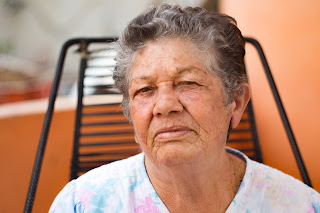 |
| Photo by Jonas Kakaroto on Unsplash |
There are many changes that seniors deal with as they get older. Although not all seniors experience bladder control problems, many seniors do. Visiting Angels Punta Gorda breaks down a couple of things that can lead to bladder control problems in older adults.
Visiting Angels Punta Gorda brings up how weakened muscles can be one cause of bladder problems in seniors. If a person’s muscles weaken over time, they can develop urinary incontinence. Women are more prone to developing weakened muscles due to childbirth. After a woman gives birth, their pelvic floor muscles can change and become weaker; as a result, they can develop urinary incontinence.
Other than weakened muscles, diets can also lead to some bladder control accidents. Visiting Angels Punta Gorda explains how caffeine and alcohol cause people to produce more urine. If a senior drinks a lot of caffeine or alcohol, they might not be able to make it to the bathroom every time they need to go.
For more information, you may visit common causes of bladder control problems in seniors.